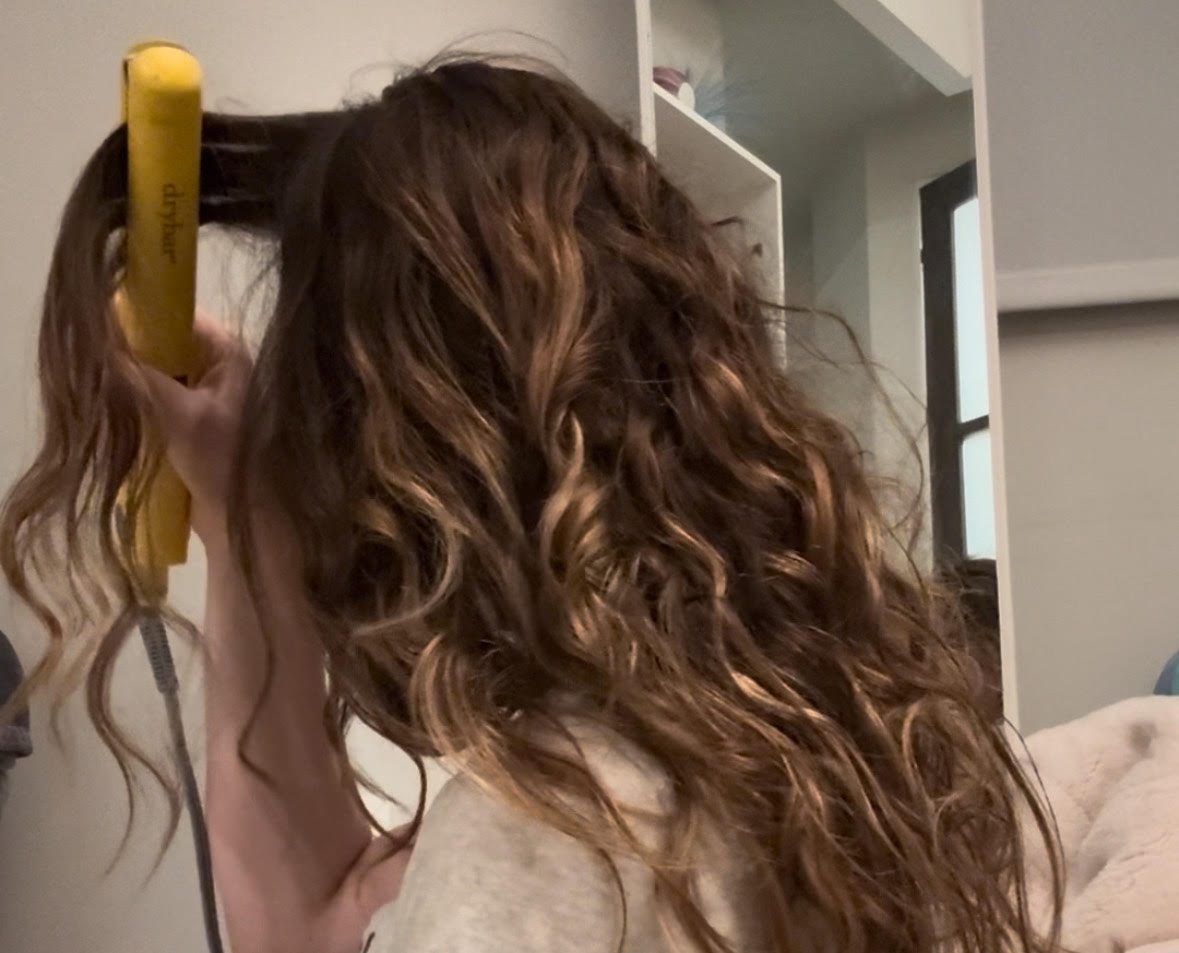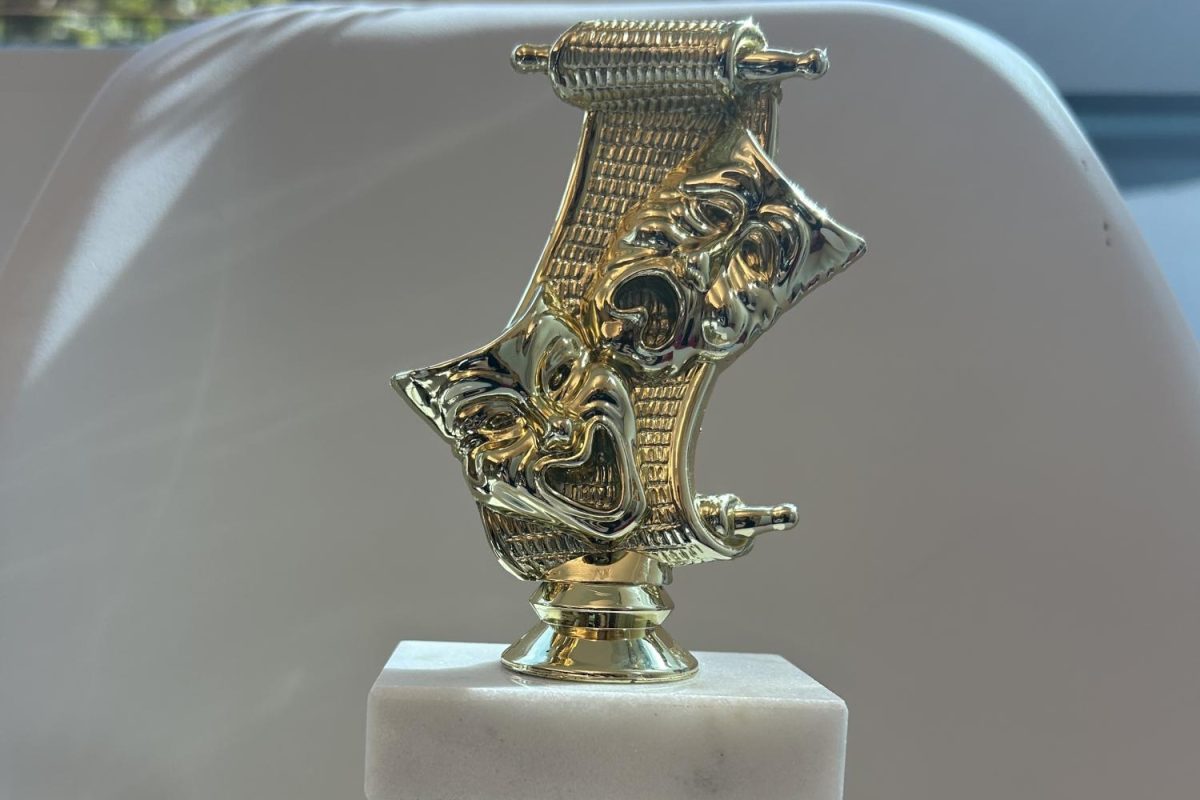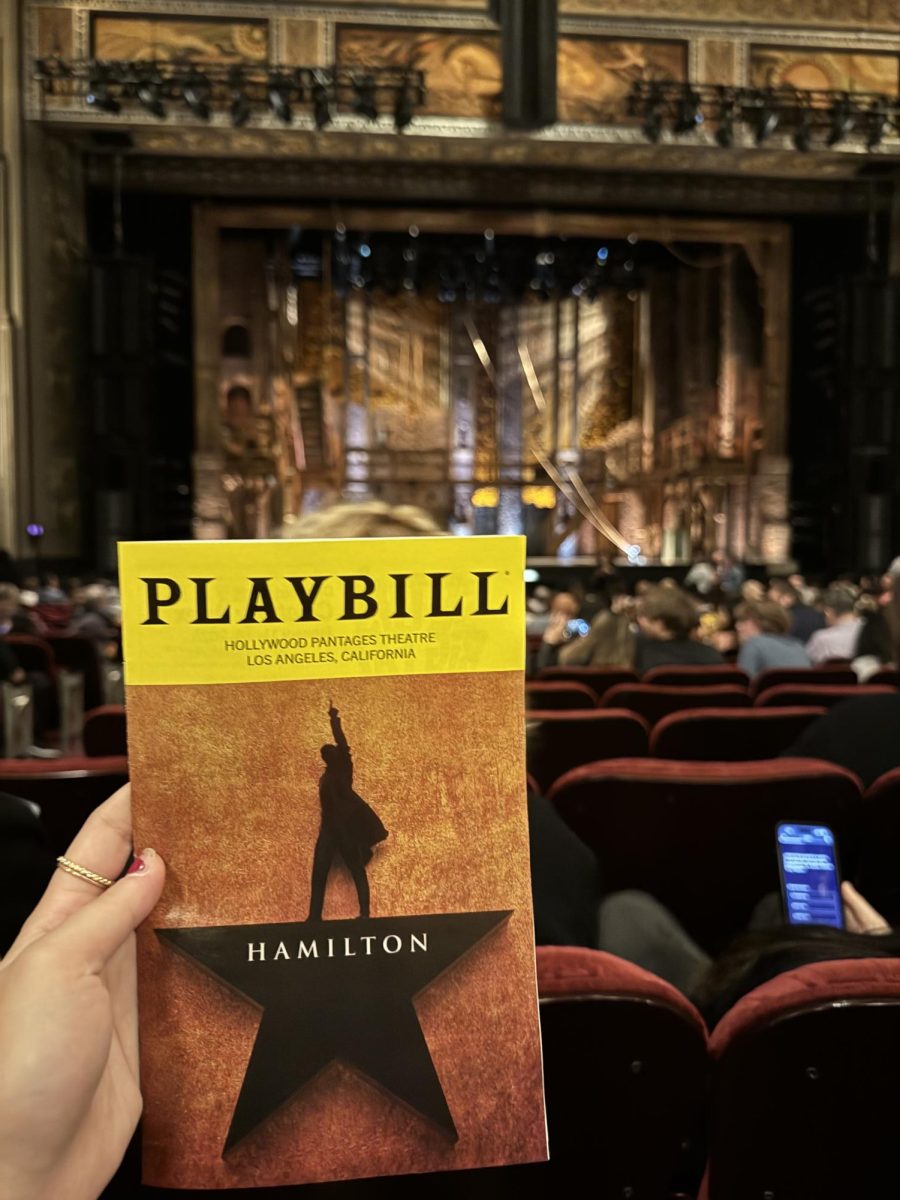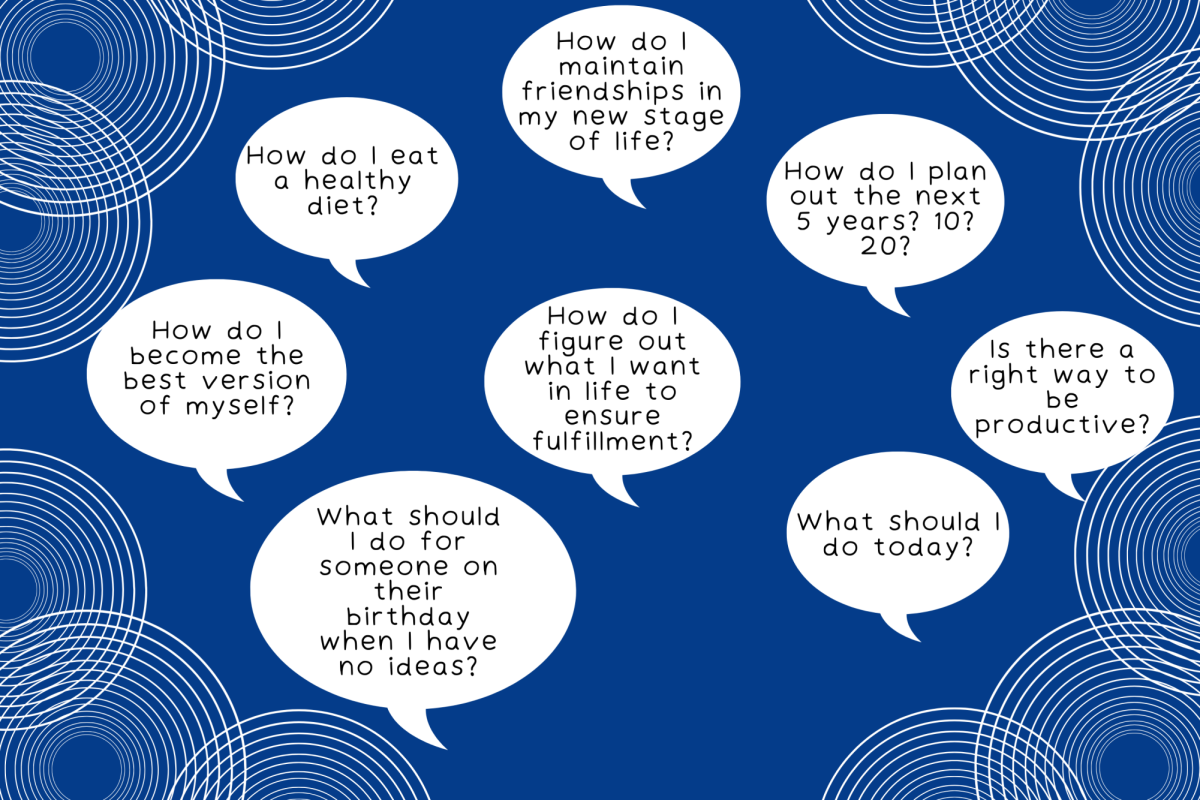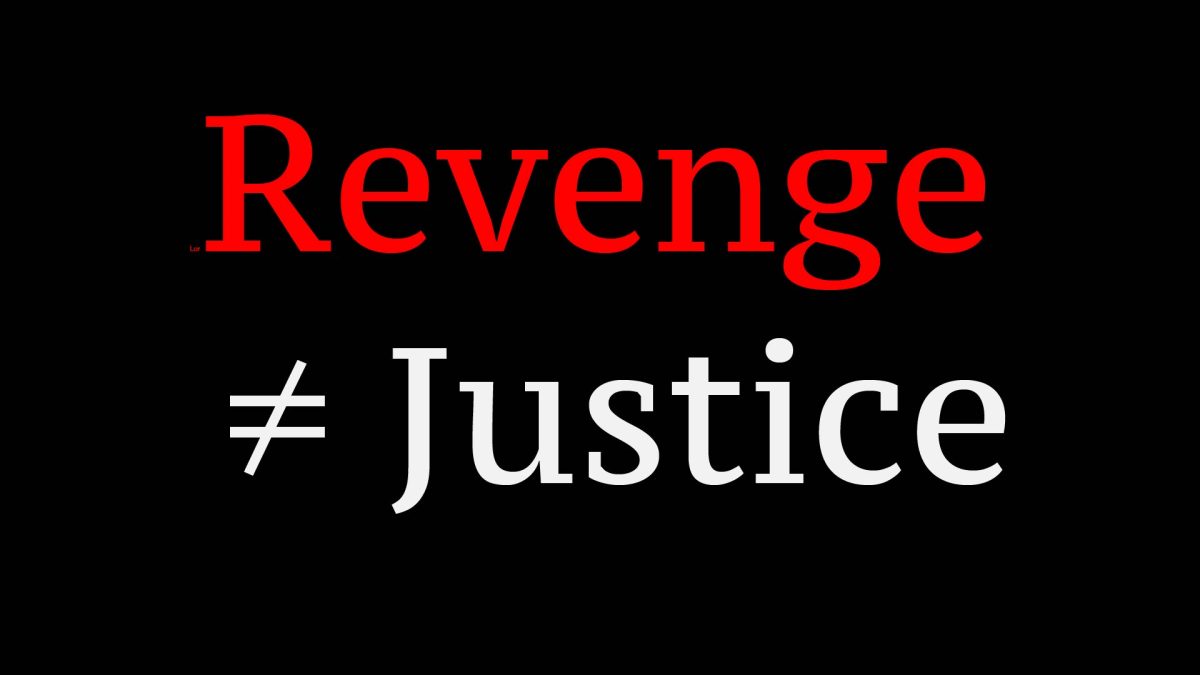I’ve recently noticed an interesting social pattern: Whenever I straighten my hair, I get substantially more compliments than when I wear my hair naturally. It turns out I’m not the only one spending two hours with the straightening iron, just to redo it for another 30 minutes every morning to keep it straight. When one of my friends from Canada visited, she agreed that whenever we have an important event, picture day or simply want to look good, we end up straightening our hair.
This isn’t simply a personal experience, as it speaks to a broader societal issue: Straight hair has long been seen as the ideal style, especially in Western cultures, where Eurocentric beauty standards are dominant. It is seen as sleek, neat and clean, whereas curly hair is seen as untidy and messy.
I recently read an article by Duke’s Fuqua School of Business about a 2020 study where participants evaluated a Black female job candidate based on her appearance. “One group saw a photo of the candidate with natural hair, while the other group saw her with straight hair. The group who saw a candidate with straight hair rated her as more professional – defined as more polished, refined and respectable – and they more strongly recommended her for an interview.”
This experiment highlights how deeply ingrained these biases are in our society, one that associates straight hair with professionalism and beauty. This has real-world impacts, especially for women of color, who often feel pressured to conform to these standards in professional and social settings. The message is clear: They must alter their natural appearance to fit the norm. This may lead girls with curly or wavy hair to feel unseen and unrepresented in their communities and the world. It can also lead them to feel like their natural hair isn’t good enough, causing them to straighten their hair, feeding into more underrepresentation.
Growing up, I always saw my mom straighten her hair; she never wore her hair naturally. I’ve realized this bias doesn’t just impact how others perceive you, but also how you percieve yourself.
This issue isn’t just limited to hair; it’s part of a broader conversation about how we define beauty. Society has established an “ideal” that many of us feel pressured to achieve. These standards don’t just affect individual self-esteem; they contribute to a society that upholds narrow definitions of what is considered acceptable or desirable, often at the expense of diversity and inclusion. If everyone is expected to look a certain way, then we lose sight of the beauty of our heterogeneous society.
This hair-straightening phenomenon is permeated by popular media. Movies, television shows and advertisements predominantly feature straight-haired characters, reinforcing the idea that straight hair is synonymous with beauty and success. I have seen so many ads everywhere for straightening irons and brushes specifically made for curly hair, advertised by beautiful women straightening their curly hair on TV shows, runways and red carpets. This common imagery subtly (and sometimes not-so-subtly) influences how we view ourselves and others.
As I reflect on these dynamics, it becomes clear that breaking free from these restrictive standards requires collective effort. We must encourage conversations about beauty that celebrate all hair types, including curly and wavy textures. Social media platforms must support the influencers promoting natural beauty, showcasing diverse hairstyles and challenging traditional norms. This shift not only empowers individuals but also promotes a broader acceptance of true beauty in all its manifestations.
As we start to challenge and expand these outdated beauty standards, it’s essential to recognize the value of embracing our natural selves. Whether it’s through hair or any other form of self-expression, moving past these societal expectations is a step toward a more inclusive and authentic sense of beauty. After all, beauty isn’t about fitting a specific mold — it’s about embracing the uniqueness that makes society diverse and complex. Making societal changes like this is difficult, so as a starting point, compliment your friends when they wear their hair naturally.



